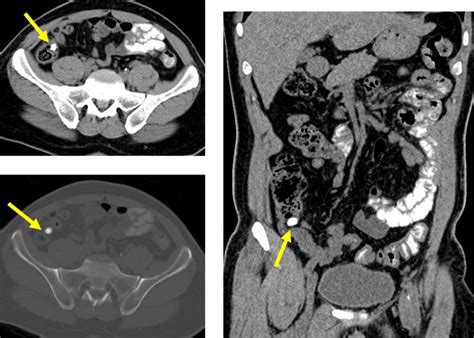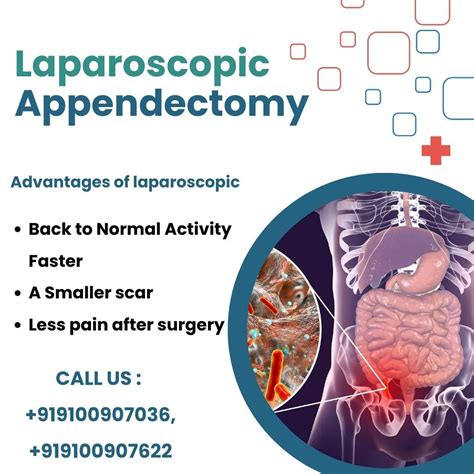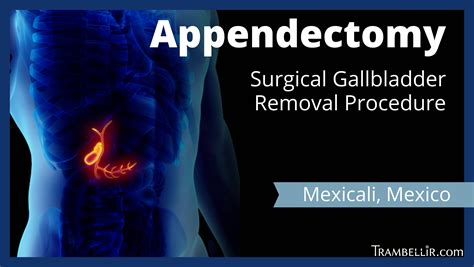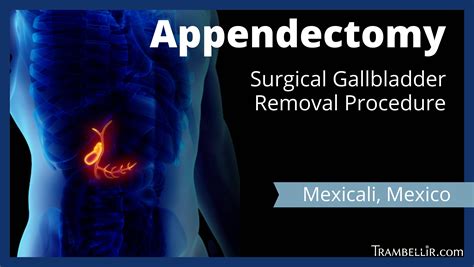Intro
Discover 5 crucial facts about appendectomy, including appendix surgery, appendicitis symptoms, and recovery times, to understand the emergency procedure and its implications on overall health and well-being.
The appendix is a small, finger-like pouch connected to the large intestine, and its primary function is still a topic of debate among medical professionals. Despite its seemingly insignificant role in the digestive system, the appendix can cause significant problems when it becomes inflamed or infected, leading to a condition known as appendicitis. Appendicitis is a medical emergency that requires prompt attention, and the standard treatment is surgical removal of the appendix, also known as an appendectomy. Here are some key facts about appendectomy that highlight its importance and the implications for patients.
Appendicitis is a common condition that affects people of all ages, although it is most prevalent among young adults and teenagers. The exact cause of appendicitis is still not fully understood, but it is believed to be related to a blockage of the appendix, which can be caused by a variety of factors, including fecal stones, lymphoid hyperplasia, and foreign bodies. When the appendix becomes blocked, bacteria can multiply rapidly, leading to inflammation and infection. If left untreated, appendicitis can lead to serious complications, including perforation of the appendix, peritonitis, and even death.
The symptoms of appendicitis can vary from person to person, but common signs include severe abdominal pain, nausea, vomiting, fever, and loss of appetite. The pain often starts near the navel and then moves to the lower right abdomen, where the appendix is located. In some cases, the pain may be diffuse or widespread, making it difficult to diagnose appendicitis. A thorough medical examination, including imaging tests such as ultrasound or CT scans, is necessary to confirm the diagnosis. Appendicitis is a medical emergency that requires prompt treatment, and surgery is usually the most effective way to treat the condition.
What is an Appendectomy?

Benefits of Laparoscopic Appendectomy
Laparoscopic appendectomy has several benefits over traditional open surgery, including smaller incisions, less post-operative pain, and faster recovery times. The laparoscopic approach also allows for better visualization of the abdominal cavity, which can help reduce the risk of complications and improve outcomes. Additionally, laparoscopic surgery can be performed on an outpatient basis, which means that patients can usually go home the same day as the procedure.Risks and Complications of Appendectomy

Recovery After Appendectomy
The recovery time after appendectomy can vary depending on the individual case and the type of surgery performed. Generally, patients who undergo laparoscopic appendectomy can expect to recover faster than those who have open surgery. Most patients can return to their normal activities within a few weeks after the procedure, although it may take several months to fully recover. It is essential to follow a healthy diet, stay hydrated, and avoid heavy lifting or strenuous activities during the recovery period.Appendectomy Procedure

Preparation for Appendectomy
To prepare for appendectomy, patients should follow their surgeon's instructions carefully, which may include: * Fasting for a certain period before the procedure to reduce the risk of complications * Avoiding certain medications, such as blood thinners, that can increase the risk of bleeding * Removing any jewelry, glasses, or contact lenses before the procedure * Arranging for someone to drive them home after the procedure and stay with them for a few hoursCost of Appendectomy

Insurance Coverage for Appendectomy
Most health insurance plans cover appendectomy as a medically necessary procedure. However, the extent of coverage can vary depending on the individual plan and provider. Patients should review their insurance policy carefully to understand the terms and conditions of coverage, including any deductibles, copays, or coinsurance.Alternative Treatments for Appendicitis

Preventing Appendicitis
While the exact cause of appendicitis is still not fully understood, there are some steps that can be taken to reduce the risk of developing the condition. These include: * Eating a healthy diet rich in fiber and low in processed foods * Staying hydrated by drinking plenty of water * Avoiding foods that can cause constipation, such as dairy products or gluten * Managing stress through relaxation techniques, such as meditation or yogaWhat are the symptoms of appendicitis?
+The symptoms of appendicitis can vary from person to person, but common signs include severe abdominal pain, nausea, vomiting, fever, and loss of appetite.
How is appendicitis diagnosed?
+Appendicitis is diagnosed through a combination of physical examination, medical history, and imaging tests, such as ultrasound or CT scans.
What are the risks and complications of appendectomy?
+The risks and complications of appendectomy include bleeding, infection, and injury to surrounding tissues, as well as adhesions or bowel obstruction.
How long does it take to recover from appendectomy?
+The recovery time after appendectomy can vary depending on the individual case and the type of surgery performed, but most patients can return to their normal activities within a few weeks.
Is appendectomy a major surgery?
+Appendectomy is considered a major surgery, but it is usually a relatively safe and effective procedure when performed by an experienced surgeon.
In conclusion, appendectomy is a common surgical procedure that is necessary to treat appendicitis, a medical emergency that requires prompt attention. While the exact cause of appendicitis is still not fully understood, there are some steps that can be taken to reduce the risk of developing the condition. By understanding the symptoms, diagnosis, and treatment options for appendicitis, patients can make informed decisions about their care and take steps to prevent complications. If you or someone you know is experiencing symptoms of appendicitis, it is essential to seek medical attention immediately. We invite you to share your thoughts and experiences with appendicitis and appendectomy in the comments below, and to share this article with others who may benefit from this information.
